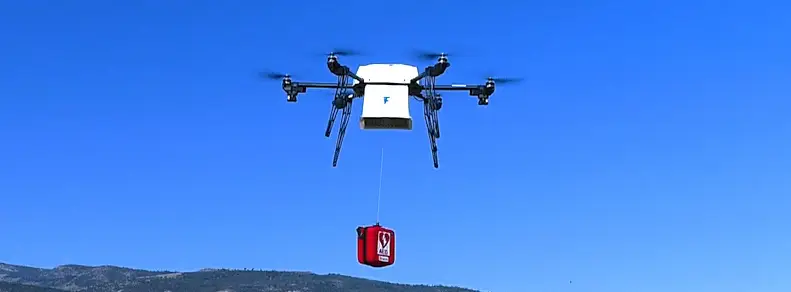The International Federation of Air Traffic Controllers’ Associations (IFATCA), has long highlighted the need for maintaining and increasing staffing levels in the cyclical and rapidly growing aviation industry, drawing attention from stakeholders such as the European Commission and individual States.
IFATCA has relentlessly emphasised the risks and negative consequences on the Network’s performance due to inadequate or delayed recruitment, inconsistent financial policies, excessive lobbying, and cost-cutting regulations on essential services. Indeed, the Single European Sky Performance Scheme has led to short term measures by States and Air navigation service providers, which have reduced the number of staffing, delayed the needed investment to modernise the sometimes-outdated infrastructure and jeopardises the transition to a digital infrastructure.
Further, the Performance Scheme has not evolved and increases fragmentation in the provision of air traffic services. After more than 10 years of existence, the interdependencies of the Key Performance Areas (KPA) is still not measured and leads to a weak compartmentalised approach to managing the performance.
Today, the European Air Traffic Control (ATC) System faces multiple challenges – a faster than predicted recovery of traffic post-COVID-19, high seasonal demand for holiday destinations, airspace restrictions due to security concerns, increased demand for staff availability and flexibility, an aging air traffic workforce and an ongoing training wave of the new generation of air traffic control officers (ATCOs).
Traffic figures in many crucial areas in the Network exceed 2019 levels, with some regions delivering more than 25% above the 2019 capacity and surpassing 2023 figures – while the European airspace availability has decreased by approximately 20% compared to 2019 due to the ongoing war in Ukraine and security-related restrictions. Combined with the limitations on overflying Russia, traffic is being rerouted through already high-demand areas during the summer season.
The resilience of the ATC system and its staff has been severely tested. Fatigue and system limits are being stretched after years of underinvestment. As predicted by IFATCA, the shortage of ATCOs and other staff cannot be addressed quickly enough to meet the continuous and growing demand. As a reminder, it takes an average of three years to train an ATCO, while the number of applications remain insufficient (lately).
The primary objective of ATC is to operate ALL flights in a safe, orderly, and efficient manner. When factors such as weather, staffing, or technical issues prevent the system from ensuring 100% safe operations, it is the duty of ATC to reduce capacity to safeguard passengers, crews, and the interest of the public. Consequently, this may result in delays and/or cancellations, but the priority is the safe arrival of all aircraft and passengers – 24/7!
IFATCA believes that collaboration and shared ambitions for a safe, stable, and efficient ATC system are crucial for achieving expected growth and reducing aviation’s CO2 impact.
The limits of the ATC are numerous and nearly reached, but they do not lie in the efficiency and/or the flexibility of the staff dedicated to the safe operation of the Network. IFATCA’s published “Staff Shortage Heat Map” clearly illustrates the critical staffing deficits across Europe’s ATC sectors, which are directly linked to the delays now affecting airlines and passengers.
Whereas the Network Manager and the Air Navigation Service Providers try to provide the most efficient service, the users behaviour is ruining daily all the network centric efforts which are being carried out. Erroneous and biased communication will not assist in the current situation.
To conclude, IFATCA acknowledges the constraints of the current ATC system and calls for a round table of all stakeholders to develop sensible, professionally and operationally driven solutions to protect and enhance the European Network for the benefit of the European aviation industry and its staff. These solutions have existed for years but require strong political support to be further developed and implemented.
To tackle these challenges, IFATCA calls as a matter of urgency for:
- Sustainable Funding: Adequate investment in ATC infrastructure and workforce
- Strategic Recruitment: Comprehensive programs for hiring and training air traffic controllers
- Collaborative Solutions: Policies that balance between cost-efficiency with operational reliability, always prioritising safety.
- A new European Approach: A Network-centric approach with an integrated ATC management of airspaces, modelled after a high-performance international public platform.
IFATCA reaffirms its total commitment to the women and men involved in the safe, stable, and efficient operations of the European Network. Despite the challenging conditions and well-documented staff shortages in many areas, the staff is tirelessly going the extra mile to deliver the best services possible daily. However, fatigue is becoming a serious concern.
Safety and Security shall remain the absolute priorities under all circumstances.
For further information, please contact IFATCA EVP EUR, Frédéric Deleau
IFATCA staff shortage heat map: https://ifatca.org/staff-shortage-survey-eur-region/








